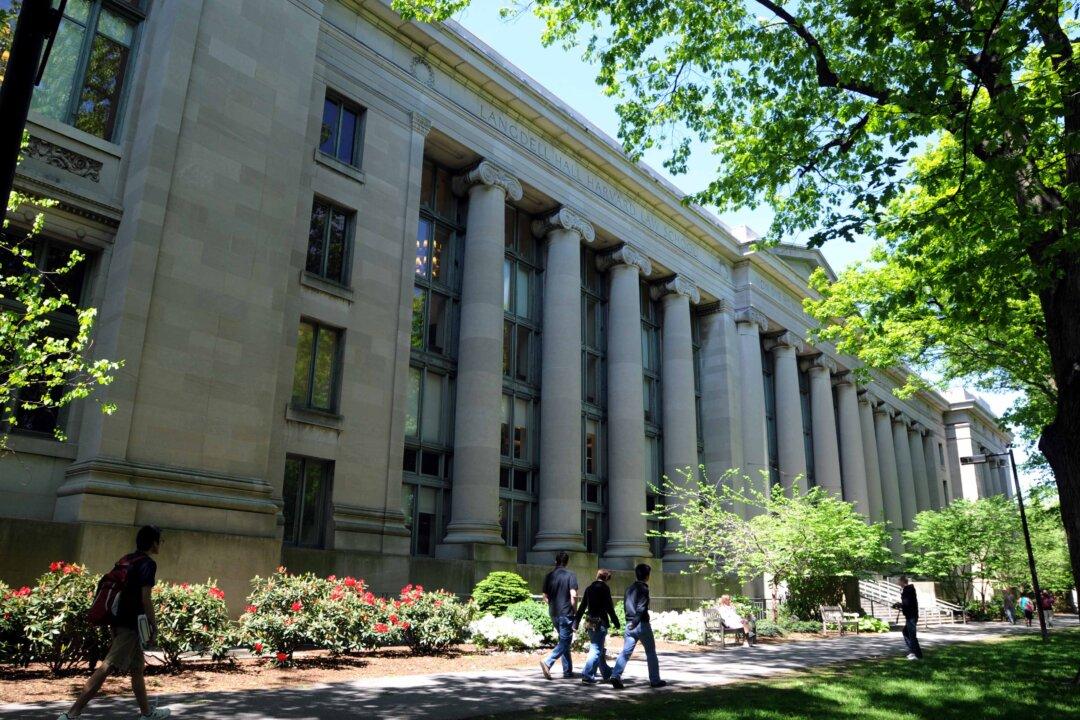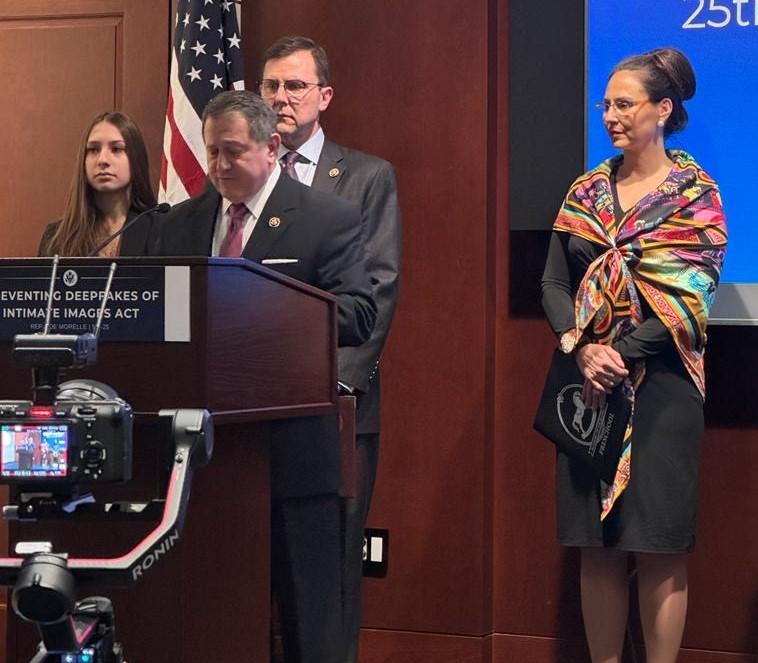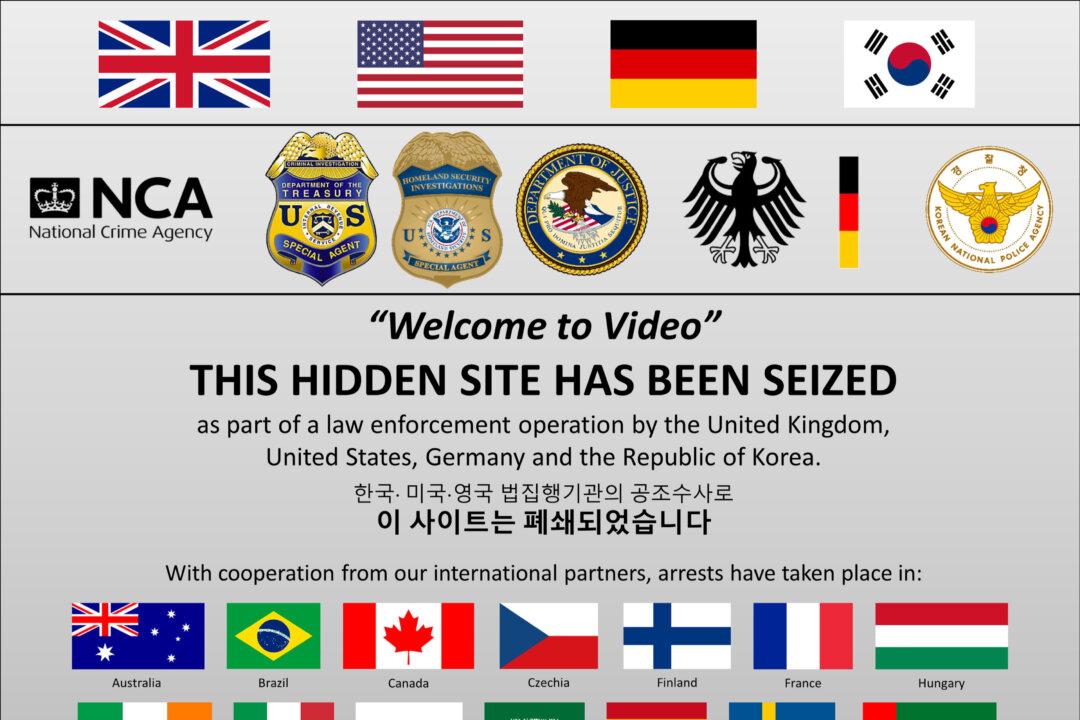The American Bar Association (ABA), the organization that accredits law schools, will cease requiring applicants to submit Law School Admission Test (LSAT) scores in 2025.
The move will affect some of the most prestigious law schools in the United States, including Yale, Harvard, University of Pennsylvania Carey Law School, Georgetown University Law Center, New York University School of Law, Northwestern University Pritzker School of Law, and Cornell Law School.





